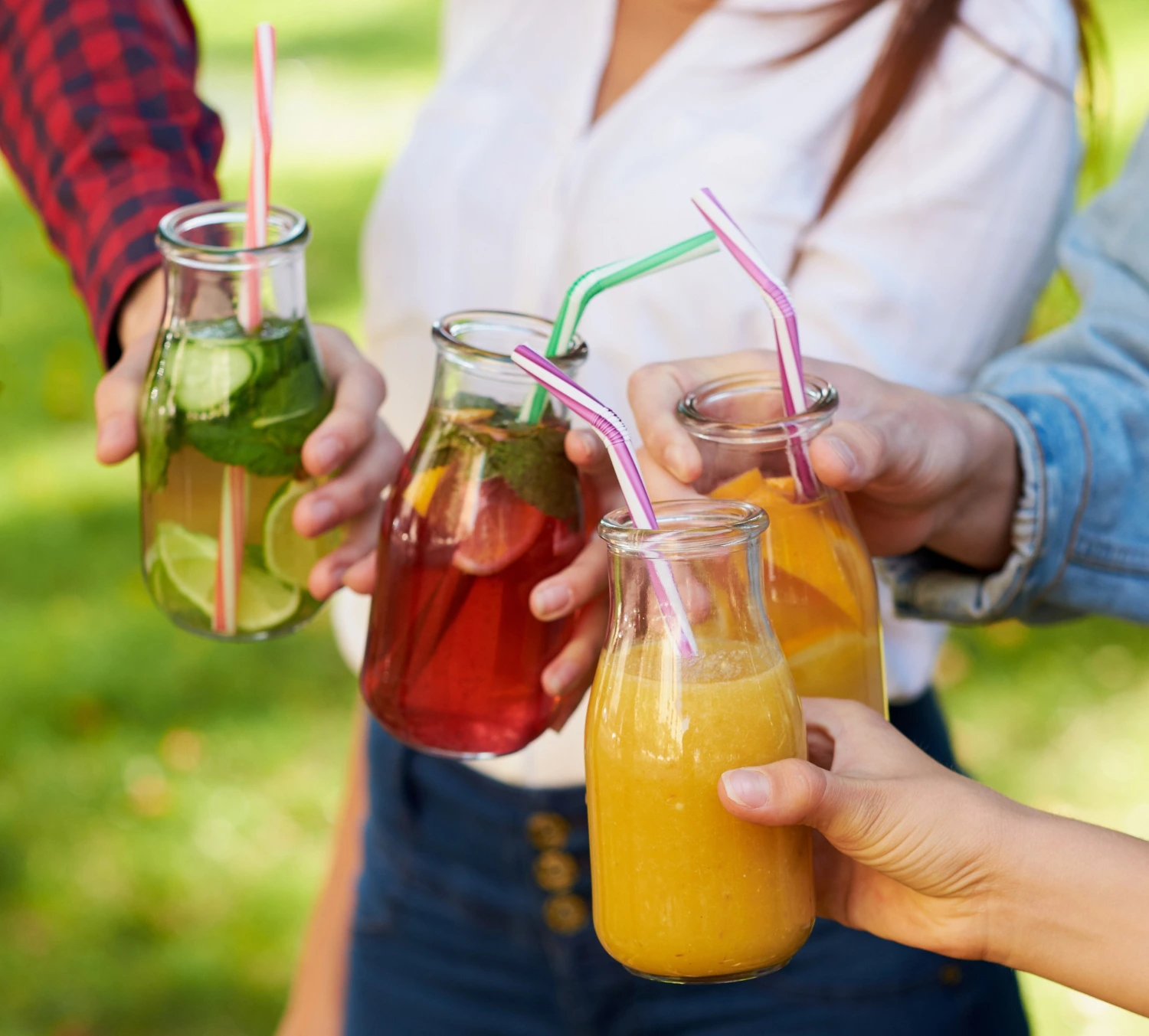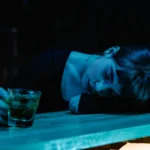Can a Recovering Alcoholic Have a Nonalcoholic Beer? Are Mocktails OK in Recovery?
In recovery, even simple choices like what to drink at a party can feel complicated. Many people wonder: Can a recovering alcoholic have a nonalcoholic beer? Are mocktails OK in recovery?
Alcohol-free beverages have grown in popularity in recent years, with sober-friendly bars, Dry January, and health-conscious lifestyles driving the trend. But for someone navigating sobriety, the decision to sip on a nonalcoholic beer or order a mocktail isn’t always straightforward. These drinks can help you feel included, but they may also carry risks.
This guide explores the benefits, challenges, and safer alternatives so you can make the choice that best supports your recovery.
Can a Recovering Alcoholic Have a Non-alcoholic Beer?
Why Some People Consider It
Nonalcoholic beers are designed to look, taste, and feel like traditional beer, just without the intoxication. For people in recovery, this can:
- Ease social anxiety by “blending in” at gatherings.
- Provide a familiar flavor without the alcohol content.
- Help reduce feelings of isolation when others are drinking.
With more brands offering craft-style alcohol-free beers, the options are more appealing than ever.
The Risks of Nonalcoholic Beer in Recovery
Despite being marketed as “alcohol-free,” most nonalcoholic beers in the U.S. contain up to 0.5% ABV. While this trace amount won’t get you drunk, it may:
- Trigger cravings: The taste and smell can activate old associations.
- Reinforce drinking behavior: Holding a beer-like bottle or glass can feel too close to past habits.
- Lead to relapse: What starts with a “near beer” could lower defenses and reopen the door to alcohol.
Recovery experts often warn that the bigger risk isn’t the alcohol content, it’s the psychological impact. If you find yourself craving stronger drinks after trying a nonalcoholic beer, that’s a red flag.
Are Mocktails OK in Recovery?
Benefits of Mocktails
Mocktails, alcohol-free cocktails made with juices, herbs, syrups, and soda, are popular for many reasons:
- Inclusion: You won’t feel left out in social situations.
- Enjoyment: Creative recipes make them flavorful and fun.
- Sobriety with style: They show you can celebrate and have fun without alcohol.
Risks of Mocktails
Not all mocktails are completely risk-free. Consider the following:
- Cravings: The look, smell, or taste may remind you of drinking days.
- Old habits: Ordering a “drink that looks like a cocktail” might reinforce unhealthy associations.
- Hidden alcohol: Some recipes use bitters or mixers that contain trace alcohol.
Like nonalcoholic beer, mocktails can be safe for some people and triggering for others.
How to Decide What’s Right for You
Every recovery journey is unique. Ask yourself:
- Where am I in recovery? Early recovery may call for stricter boundaries.
- What are my triggers? If mocktails or “near beers” spark cravings, skip them.
- Who’s around me? A supportive environment matters. Drinking mocktails with sober friends may feel different than at a bar full of heavy drinkers.
If you’re unsure, talk with your sponsor, therapist, or recovery group. Sometimes, simply sharing your thoughts can help clarify your decision.
Safer Alternatives to Nonalcoholic Beer and Mocktails
If you’d rather avoid the risks but still want something fun, here are alcohol-free options:
- Sparkling water with fruit (citrus, cucumber, or mint).
- Iced herbal teas like hibiscus, peppermint, or chamomile.
- Craft sodas with natural flavors.
- Fresh smoothies or juices for a vibrant and satisfying experience.
These alternatives provide variety without mimicking alcohol too closely.
Tips for Navigating Social Situations in Recovery
- Bring your own drink: Take control by bringing a safe option.
- Practice responses: Be ready to decline alcohol politely.
- Shift your focus: Enjoy the people and activities instead of centering the night on drinks.
- Give yourself an out: If the environment feels triggering, it’s okay to leave.
FAQs
Can a recovering alcoholic drink nonalcoholic beer safely?
It depends. While nonalcoholic beer won’t cause intoxication, it can trigger cravings or relapse for some people.
Are mocktails considered breaking sobriety?
Most recovery programs view mocktails as acceptable, but if they mimic old habits or trigger you, it’s best to avoid them.
What are the best alcohol-free drinks for recovery?
Infused water, herbal teas, smoothies, and craft sodas are safer alternatives that don’t carry the same risks as near beer or cocktail-style drinks.
Things to Consider
So, can a recovering alcoholic have a nonalcoholic beer? Are mocktails OK in recovery? The answer depends on your personal triggers, stage of recovery, and support system.
For some, these drinks help reduce social pressure and support a sober lifestyle. For others, they’re too risky and can lead back to alcohol. The key is to listen to yourself, talk with your support network, and choose options that protect your sobriety.
Get Support for Your Recovery Journey
We understand the daily choices that come with sobriety. From early recovery to long-term support, our programs are designed to help you stay strong and confident in your journey.




